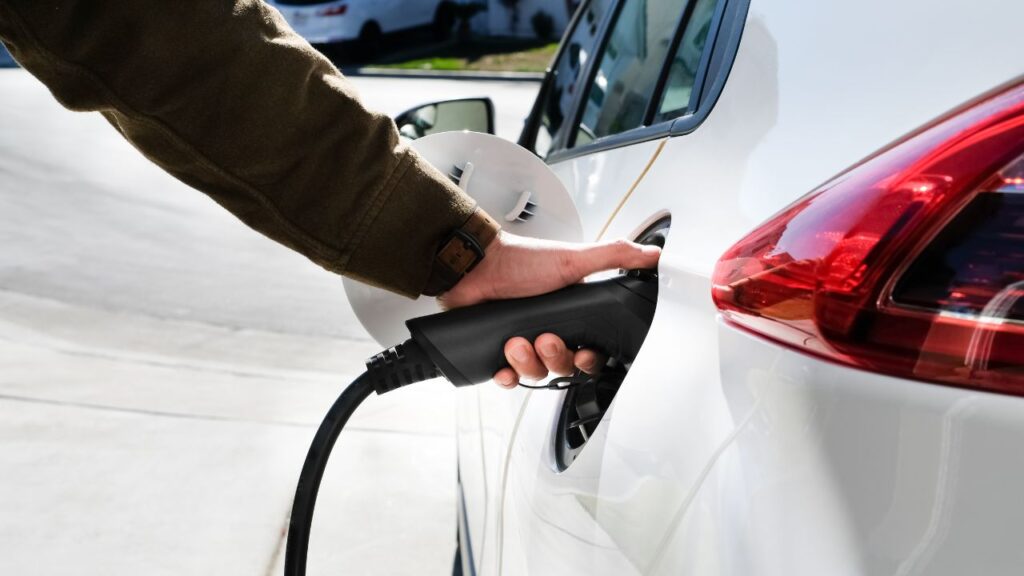The Indian government is pushing strongly for an increase in EV (electric vehicle) production to achieve 30% EV market penetration by 2030. Tata and JSW group plans to invest in India’s EV sector. This initiative includes policies to localize supply chains and promote domestic manufacturing, making India a key player in the EV market.
According to a recent S&P Global Ratings report, Tata and JSW groups plan to invest over $30 billion in EV manufacturing and materials within the next decade. Of this, $10 billion is targeted for South and Southeast Asia. This large investment reflects India’s growing importance in the global EV sector, with major companies seeing vast potential in the Indian market.
Support from PM E-DRIVE Scheme
The Indian government’s recently launched PM Electric Drive Revolution in Innovative Vehicle Enhancement (PM E-DRIVE) scheme will play a key role in supporting EV adoption. With an allocation of Rs 10,900 crore over the next two years, this scheme focuses on improving EV charging infrastructure across the country to make EVs more accessible and encourage cleaner transport options.

Alternate Fuels to Boost Transition
The report notes that while India’s transition from internal combustion engines (ICE) will involve EVs, hybrid and compressed natural gas (CNG) vehicles are also expected to hold a notable share in the light-vehicle and commercial passenger segments. This reflects a balanced approach to greener transportation options as EV infrastructure continues to develop.
Investments by Hyundai and Kia
The report highlights the increasing significance of the Indian market for Korean automakers Hyundai Motor Co. (HMC) and Kia. Together, these brands rank as the second-largest carmaker in India, accounting for 12% of their global sales in 2023. Hyundai is set to launch its first fully electric vehicle made in India in January 2025, marking its commitment to local EV production.
Upcoming EV Plant and Battery Facility
In September 2024, Tata Motors announced plans for a $1 billion EV plant in Tamil Nadu. Additionally, Tata Sons will establish a lithium-ion battery plant in Gujarat with an initial production capacity of 20 gigawatt-hours. This battery plant will support the growth of the local EV supply chain and cater to the increasing demand for EVs in India.


